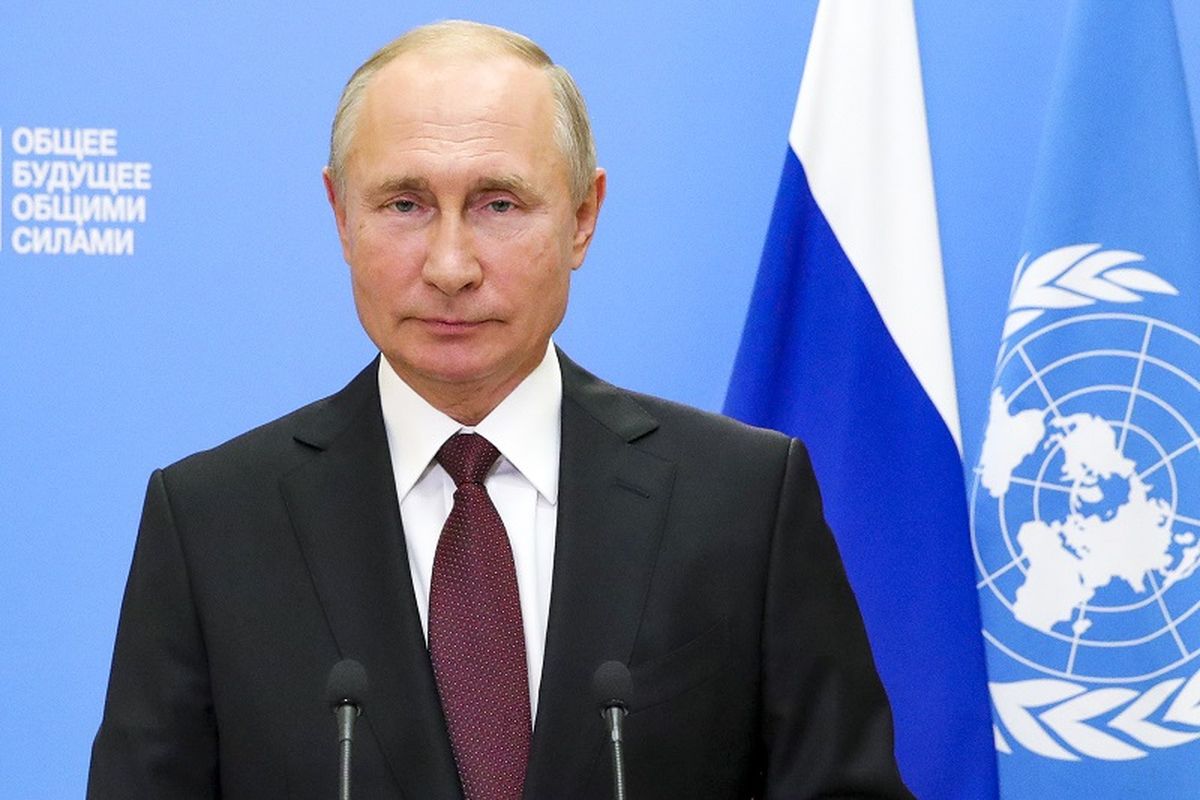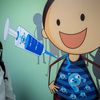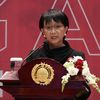How Thoughtful: Putin Offers Free Coronavirus Vaccine to UN Workers

MOSCOW, KOMPAS.com - Vladimir Putin offered to provide UN staff around the world Russia’s new coronavirus vaccine free of charge.
The gesture of giving complimentary Sputnik-V vaccine by the Russian President was part of his speech to this year’s UN General Assembly marking the body’s 75h birthday.
Only results from small early studies on the Russian vaccine have been published, raising concerns among some scientists that it isn’t ready yet for widespread use — and prompting worldwide memes about potential bizarre side effects.
Read also: WHO to Assess Russias Coronavirus Vaccine for Approval
“Any one of us could face this dangerous virus. The virus has not spared the staff of the United Nations, its headquarters and regional entities,” Vladimir Putin said in a prerecorded speech from Moscow.
The coronavirus pandemic means this year’s General Assembly is a work-from-home production, for the first time in its history.
“Russia is ready to offer UN workers the necessary, qualified help, and in particular we propose to supply our vaccine for free to employees of the organization and its subsidiaries who volunteer for vaccination,” said Putin, who announced the vaccine to broad fanfare last month and said his own daughter is among those who have taken it.
He described Tuesday's offer as a response to popular demand: “Some colleagues from the UN have asked about this, and we will not remain indifferent to them.”
UN spokesman Stephane Dujarric said, “We thank President Putin for his generous offer which will be studied by our medical services.”
Read also: Indonesian President Jokowi Urges Equal Access to Covid-19 Vaccine in UN Address
At the UN’s medical agency in Geneva, the World Health Organization, spokeswoman Dr. Margaret Harris declined to comment.
In a report published in the journal Lancet, developers of Russia's coronavirus vaccine said it appeared to be safe and to prompt an antibody response in all 40 people tested in the second phase of the study within three weeks.
However, the authors noted that participants were only followed for 42 days, the study sample was small and there was no placebo or control vaccine used.
By contrast, other vaccines that have also shown promise in early tests are now being studied more widely, in tens of thousands of people in several countries, to understand if they can protect people from infections — and whether they have side effects that can only be found through large trials.
Read also: Clinical Trials of a Coronavirus Vaccine Back on Track


































